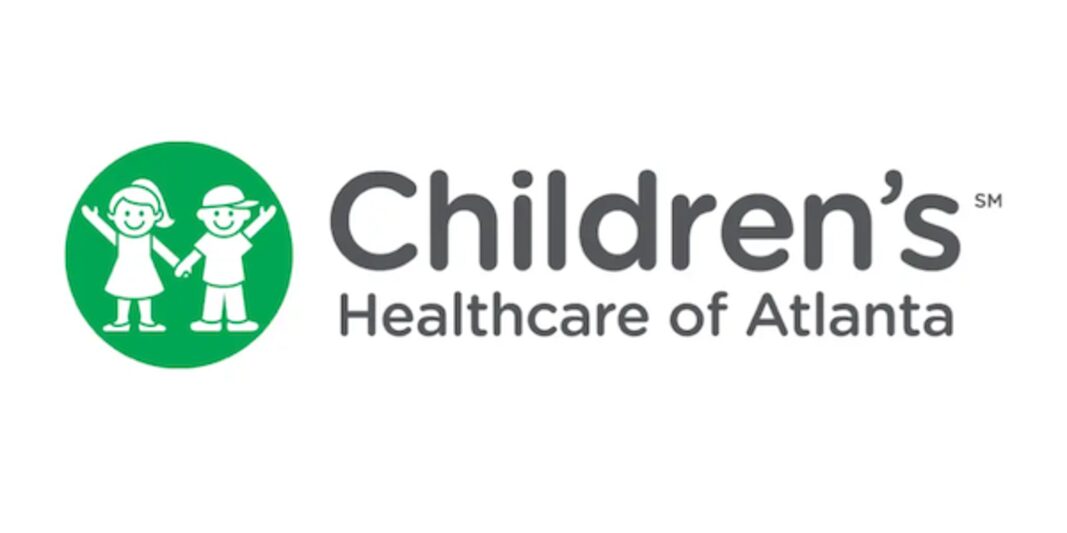Research Assistant, Children’s Healthcare of Atlanta
Category : Alumni Student Opportunities
Study – Development of a Global Consensus Statement in Pediatric Abusive Head Trauma (formerly known as Shaken Baby Syndrome)
Summary
The World Federation of Neurosurgical Societies (WFNS) – www.WFNS.org – is in the process of putting together a consensus statement on Pediatric Abusive Head Trauma (AHT), formerly known as Shaken Baby Syndrome. There is a need to develop a global evidence-based guidelines or a consensus statement to enhance clinical diagnosis and management of AHT. Thus far, AHT recommendations globally are challenged by variance in culturally accepted norms, lack of data on AHt ( especially in low income countries) and disparities in clinical resources.
The initial step is to do a scoping review of the literature to formulate questions that will be put to a group of experts on AHT from both high- and low-income countries. Help is needed with this step (at least).
Once done, the WFNS will develop a global consensus statement on AHT.
Background
Child maltreatment, including both abuse and neglect, is a worldwide problem (WHOa). It is estimated that half of all children globally are the victims of past-year physical, sexual, or emotional violence (Hillis). It is widely recognized, though, that estimates likely undercount true incidence due to underreporting, misreporting, and data collection challenges, particularly in low- and middle-income countries (LIMC) (Hillis, WHOb, Cerna-Turoff). The impact of child maltreatment is profound with long-term consequences, including impaired development; significant childhood morbidity and mortality; and increased risk for behavioral, physical, and mental health problems in adulthood (Neigh, WHOa).
While all forms of child maltreatment pose a risk for negative, long-term impact, abusive head trauma (AHT) appears to be associated with highest mortality and long-term morbidity. Of children presenting for medical care with AHT in high-income countries (HIC), mortality may reach in excess of one-third of victims and normal clinical outcomes may be realized by as few as one-quarter of children (Roy, Acker). Like child maltreatment more broadly, estimates of AHT are challenging due to data collection, legal implications, failure to seek treatment, lack of a definitive diagnostic marker, and various methodologies to define and code.
Opportunity for interested Research Associate .
The World Federation of Neurosurgical Societies (WFNS) is interested in putting together a consensus statement on Pediatric Abusive Head Trauma, formerly known as Shaken Baby Syndrome. Although this syndrome is responsible for a large proportion of morbidity and mortality in children under two, the literature on the best practices in diagnosis, clinical management, and prevention of this type of trauma is sparse, especially in low-to-middle-income countries.
Thus, we believe that having the world’s experts in neurotrauma come together to define best practices and identify gaps in the current literature is a critical step forward for pediatric global health.
Students or faculty who are interested in being part of this project will join an international team of medical students, residents, and fellows from Emory, Stanford, and the country of Colombia to conduct seven focused scoping reviews from which we will develop questions to be voted on at the WFNS meeting in March of 2023.
Depending on how many students join the project, each will be responsible for screening, reading, and extracting information from papers in one to three of these seven reviews. Lectures on Abusive Head Trauma and training on the methodology will be provided so that anyone interested in the project will be prepared to do high-quality work. We expect this project to take about 4 months of work, requiring no more than 5-10 hours a week. Students who take part of this project will be named as authors on what we anticipate will be a highly cited article in a high-impact journal.
This effort is being led by Andrew Reisner, Chair of Neurotrauma at Childrens Healthcare, Chair neurotrauma at the WFNS and Director of the Pediatric Neurotrauma Lab at Emory – www.pediatricneurotraumalab.com The Neurotrauma committee of the WFNS comprises of 30 members worldwide.
Stipend
A stipend through Children’s will be offered ( $20 / hour )
Next steps
Please send a letter of interest and your CV to Andrew Reisner
andrew [dot] reisner [at] choa [dot] org
An interest in public health, global health, epidemiology and experience in study design will be given priority.
This opportunity is open to undergraduates, postgraduates and junior faculty alike.
